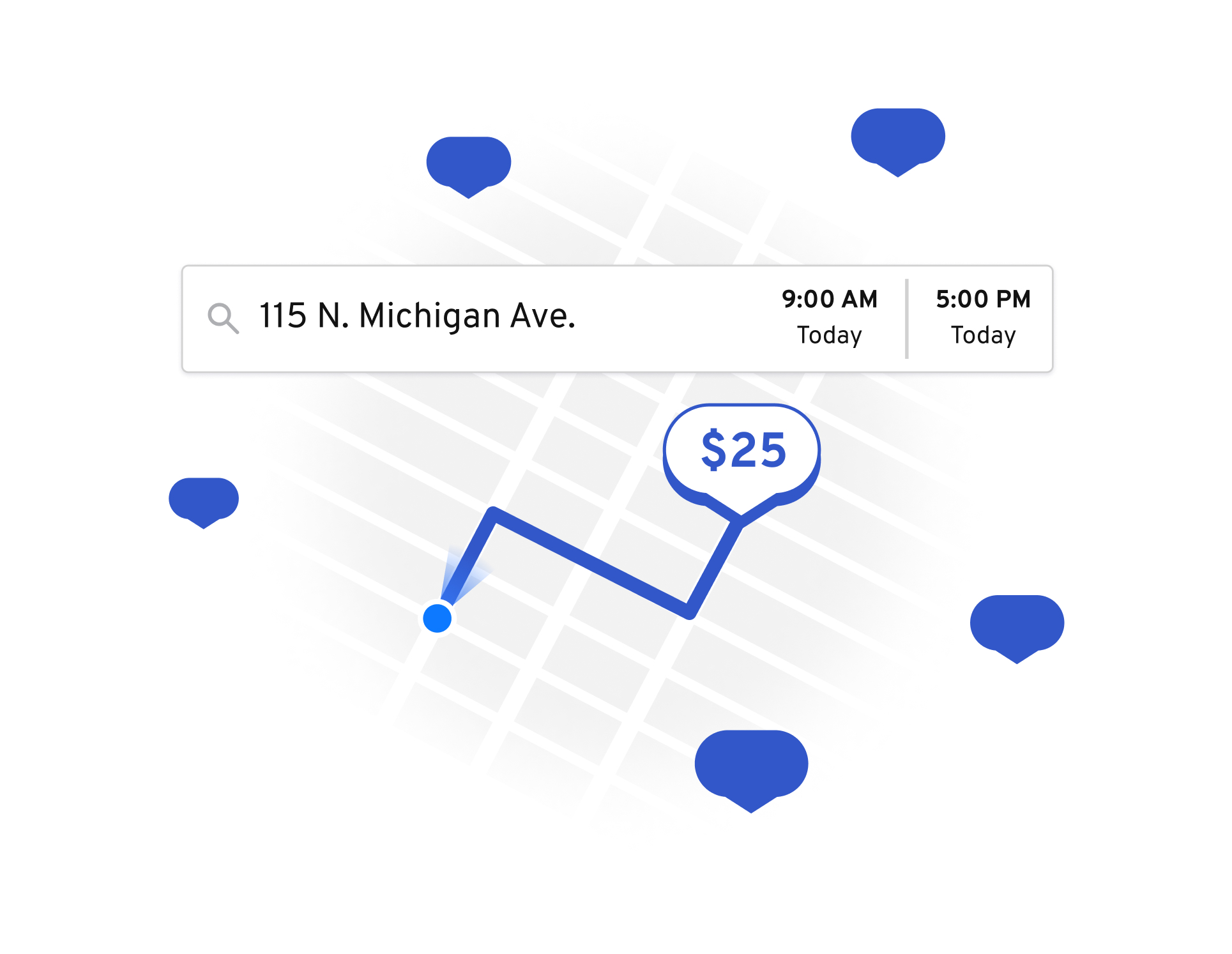museums
music
monthly parking
neighborhoods
- Chinatown
- North York
- Queen West
- East Chinatown
- Regent Park
- Liberty Village
- Kensington Market
- Alexandria Park
- Baldwin Village
- Brockton Village
- Niagara
- Swansea
- Sunnyside
- Harbord Village
- Parkdale
- Cabbagetown
- Yorkville
- Bloorcourt Village
- Bloordale Village
- Entertainment District
- Downtown Core
- Distillery District
- Harbourfront
- Old Town
- Bloor West Village
- Koreatown
shopping
parks
theatre & culture
- Ryerson Theatre
- Jane Mallett Theatre
- CAA Theatre
- Regent Theatre
- The Carlu
- Tarragon Theatre
- Scotiabank Theatre
- Ed Mirvish Theatre
- Elgin and Winter Garden Theatre Centre
- Four Seasons Centre for the Performing Arts
- Metro Toronto Convention Centre
- Albany Club
- Second City Toronto
- 401 Richmond
- Royal Conservatory of Music
- Bluma Appel Theatre
- Roy Thompson Hall
- Sony Centre for the Performing Arts
- Royal Alexandra Theatre
- TIFF Bell Lightbox
- Buddies in Bad Times Theatre
universities
points of interest
hospitals
About Toronto Located in Southern Ontario on the northwestern shore of Lake Ontario, Toronto is the largest city in Canada and the provincial capital of Ontario. The historic core of the city came into British hands in the late 18th century through a settlement between the British crown and the Mississaugas of the New Credit; the initial agreement is historically known as the Toronto Purchase and remained a matter of dispute until 2010.
Toronto is in in the humid continental climate zone and its four seasons are moderated by Lake Ontario. The temperature can vary considerably from day to day, especially during colder seasons.
Parking in Toronto Within the City of Toronto, an unsigned maximum three-hour parking limit exists on public roads unless there is signage posted indicating otherwise (eg, maximum 1 hour parking, maximum 15 minute parking, etc.)
Signs advising visitors to the city of this general, unsigned regulation are posted at the access points to the city and when exiting from a Provincial highway. To request enforcement of the three-hour limit, call the Toronto Police Service, Parking Enforcement Unit at 416-808-6600.
What is the difference between parking, standing and stopping regulations? The rules associated with each parking regulation are listed in order of least to most restrictive:
- No Parking: motorists are only permitted to load or unload passengers or merchandise.
- No Standing: motorists are only permitted to receive and discharge passengers. Typically used in the area of TTC bus stops.
- No Stopping: motorists are generally not permitted to stop for any reason except to avoid a conflict with other traffic or in compliance with the directions of a constable or other police officer or of a traffic control sign or signal.
There are a plenty of garage parking options available in and around the city. One may choose to park in a garage if the parking requirement is for more than just an hour or two. Parking Garages are highly suitable for both short and long term parking requirements.
Best Parking helps you choose the best suitable parking facility for off street parking via an interactive map. Most garages are suitable options for economical long term parking.
DISCOVERAMAZINGSPACES
Find parking anywhere, for now or for later
Compare prices & pick the place that’s best for you

Find parking anywhere, for now or for later
Compare prices & pick the place that’s best for you
RESERVEPREPAY& SAVE
Book a space in just a few easy clicks
Save up to 50% off standard rates

Book a space in just a few easy clicks
Save up to 50% off standard rates
DRIVEARRIVE& PARK
Enter easily with your mobile parking pass
Your space is waiting – pull in and go do your thing

Enter easily with your mobile parking pass
Your space is waiting – pull in and go do your thing








